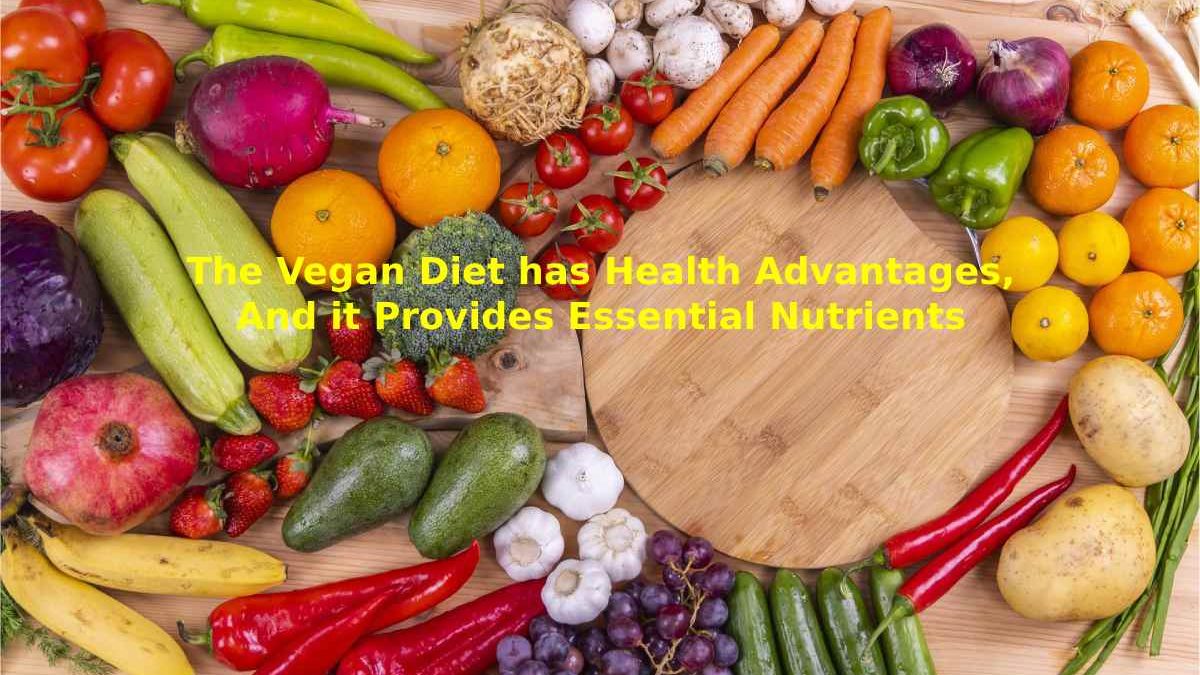Many studies have shown the many benefits of a vegan Diet or 100% plant-based diet. Currently, the preventive potential of following a plant-based diet is endorsed, so both scientists and the most prominent nutrition organizations worldwide are increasingly recommending a plant-based diet as a healthy diet that, if followed correctly, continued, can reduce the risk of many lifestyle-related diseases.
Table of Contents
What do Health Benefits do Vegan Diets bring?
Due to their richness in antioxidants and fibre, fruits and vegetables, whole grains, legumes and nuts and seeds are related to lower rates of obesity and chronic diseases such as diabetes, cardiovascular disease, diverticulosis and some types Of cancer.
What are the Advantages of a Vegan Diet?
A 100% Vegetable Diet offers a Great Variety
Plant-based diets can vary significantly in their composition. Although an exclusively plant-based diet excludes all animal products, the range of foods available is still enormous. A plant-based diet is considered exceptionally healthy based mainly on vegetables, fruits, legumes and whole grains, and nuts and seeds.
Nutrient Intake in Vegans
Persons who eat plant-based diets tend to be closer to the recommended daily amounts of protein, carbohydrate, and fat. Intake than people who eat conventional diets. In addition, the information of dietary fibre, beta-carotene (provitamin A), and vitamins C and E, as well as biotin and magnesium, is usually higher in a purely plant-based diet. Other nutrients that people following a plant-based diet should pay special attention to contain vitamin B12, calcium, zinc, and omega-3 fatty acids, as fine as iodine, iron, and vitamin D
Nutrients in a Plant-Based Diet

A plant-based diet can sufficiently provide all the nutrients we need to be healthy. However, whether you are a vegetarian, vegan or meat-eater, a healthy body needs a balanced and various diet that contains all the essential nutrients.
Prioritize Plant Foods
Global health experts agree that plant foods should be prioritized when it comes to healthy eating, while diets with a high proportion of foods of animal origin are considered unfavourable. For example, in 2015, the World Health Organization (WHO) classified processed meat as a group 1 carcinogen. Furthermore, there is a good sign from epidemiological studies that foods such as bacon, sausage and ham cause cancer. In addition, red meat has been categorize as a group 2A carcinogen. Which means that foods such as beef and pork are likely to cause cancer.
Milk has Been Criticize
Animal milk is also increasingly in the spotlight. For example, a review of several cohort studies revealed that the consumption of animal dairy products could increase the risk of prostate cancer by between 3 and 9%. Another analysis, based on a sample of more than 500,000 women, found that women who consumed 750 g or more of milk per day had a greater risk of ovarian cancer than women with low milk feeding (250 g of milk per day or less).
A Vegan Diet (100% Vegetable) is Suitable for all Stages of Life
More nutrition associations, including the US Academy of Nutrition and Dietetics (the world’s largest association of nutrition professionals). Recognize that a plant-based diet is nutritionally adequate. The academy’s place paper states that a well-planned vegan (100% plant-based) diet is consistent with current dietary recommendations and is appropriate for any stage of life, including pregnancy, lactation, childhood, and adolescence. Similarly, the Canadian and Australian Nutrition Societies agree with this statement.
BMI is Usually Lower in Vegans
An evaluation of the EPIC-Oxford education (European Prospective Investigation into Cancer and Nutrition). In which almost 38,000 people participated, showed that vegans’ BMI is significantly lower than that of people who consume meat. It is also confirm by the results of the Adventist Health Study. Based on a sample of more than 38,000 women and 22,000 men. In this study, the mean BMI of vegans was 23.6 kg/m², which is within the so-called “normal” weight range. While the mean BMI of people following a conventional diet was 28 .8 kg/m². Which places these people in the “overweight” category. Furthermore, the preventive and therapeutic potential of plant-based diets for people who are overweight or obese has also been confirm by the latest study by the Max Planck Institute for Human Brain and Cognitive Sciences.
Lower Risk of Type 2 Diabetes in 100% Plant-Based Diets
Another advantage of following a vegan diet is that the consumption of dietary fibre is usually higher and lower consumption of foods rich in fat and protein (compared to the general population), the main reasons why your BMI is generally lower. On average, persons following a conventional diet consume too much animal protein and saturated fatty acids, especially in industrialized countries. After adjusting data from the Adventist Health Study for age, training, income, physical activity, alcohol consumption and BMI, the effects also showed that those who followed a plant-based diet had a lower risk of developing diabetes type 2.
A Balanced Plant Diet offers Numerous Health Benefits
- Balanced plant food is in line with present dietary recommendations and constitutes. A healthy diet that can be follow on an ongoing basis.
- Vegans tend to be closer to the recommended daily amounts of protein, carbohydrate, and fat. In addition, they have a higher consumption of fibre, beta-carotene, vitamins C and E, and biotin and magnesium than persons who follow a conventional diet.
- A high-fibre diet presumably leads to a lower BMI in vegans than in people following a mixed diet. Therefore, switching to a plant-based diet can also be use to treat people who are overweight or obese.
- A 100% plant-based diet reduces the risk of cardiovascular disease, type 2 diabetes and certain types of cancer.
Conclusion
Both vegetarian and vegan diets have significant potential to prevent diseases related to Western diets. In general, they are healthier than the omnivorous diet (remember that we are referring to the average of the people. Who follow these diets, not to individuals whose nutrition can be excellent or poor regardless of whether or not they have decided to do without ingredients of animal origin ).

